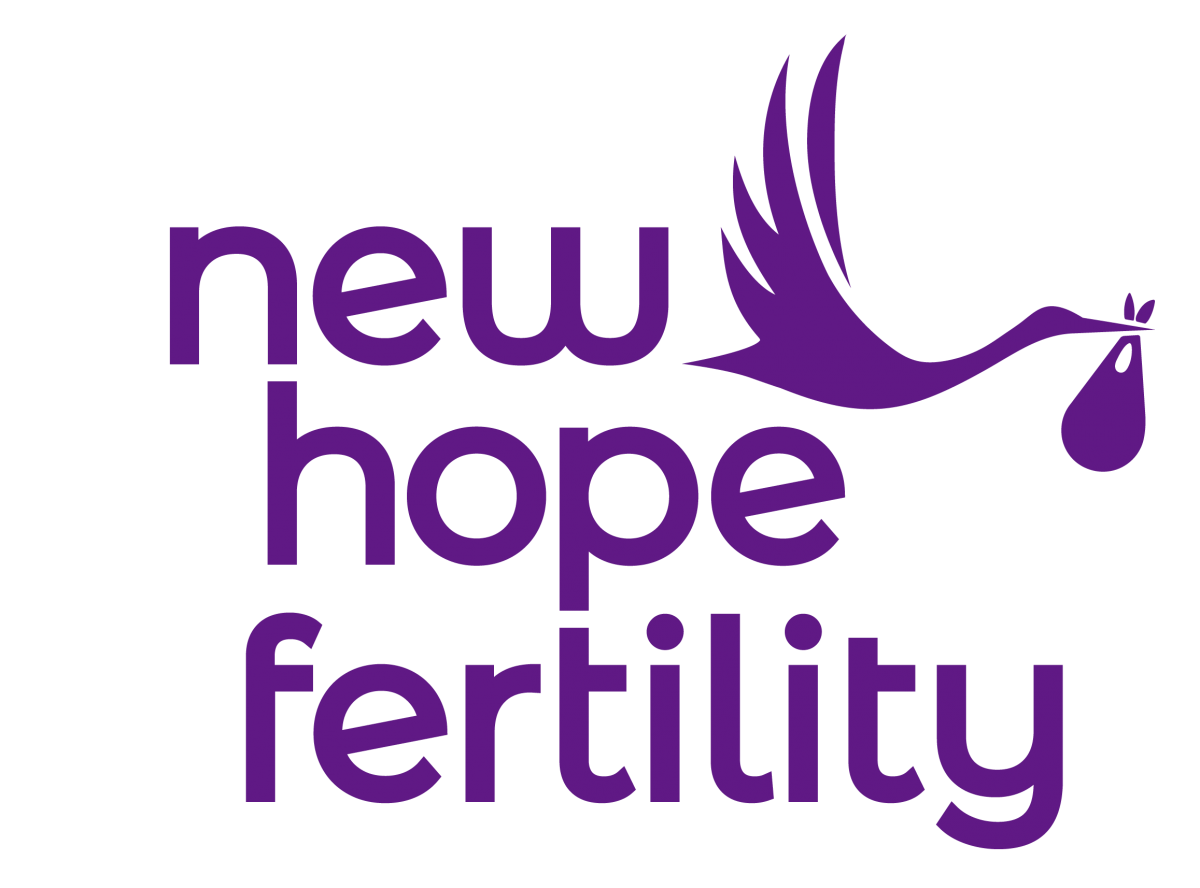In the realm of reproductive health and family planning, the intersection of IUDs, egg freezing, and how the combination could impact future fertility treatments emerges as a topic deserving special attention. After providing a brief overview of how egg freezing works and how intrauterine devices prevent pregnancy, join us as we explore the compatibility of an IUD and egg freezing.
How Does Egg Freezing Work?
Egg (oocyte) freezing is a fertility preservation technique where a woman’s eggs are retrieved from her ovaries and frozen for later use in an in vitro fertilization (IVF) procedure.
To begin the process, a woman’s body must become ready for egg collection. She will undergo a medication regimen consisting of oral medication and fertility injections in order to stimulate the ovaries and help the follicles mature.
When the eggs are ready for retrieval, a fertility specialist suctions them out using a fine catheter inserted into the ovary. The eggs are then transported to a lab where they undergo a rapid freeze process before being safely stored until it’s time for retrieval and use.
What Happens to Your Eggs When You Have an IUD?
An IUD is a tiny plastic T-shaped device that is placed in the uterus to prevent contraception. There are two types of IUDs: hormonal IUDs and copper IUDs.
Hormonal IUDs work to prevent pregnancy by administering a tiny dose of progestin over several years. Progestin is similar to the hormone progesterone the body naturally produces. This progestin causes a thickening of the cervical mucus, which blocks and traps sperm so it never reaches the unfertilized egg.
Copper IUDs are just what the term implies. A small amount of copper is wrapped around the device which is inserted by a doctor into the uterus. Because copper repels sperm, there is not supposed to be a chance for sperm to reach an unfertilized egg when a woman ovulates.
Many women with IUDs are concerned about what happens to their eggs when they have an IUD and wonder if the device will somehow interfere with ovulation and even render fertility treatments designed to stimulate egg production futile. Fortunately, these fears have been proven to be unfounded.
According to studies, IUDs do not affect cycle performance in women undergoing ovarian stimulation cycles. In other words, IUDs don’t negatively impact your egg production or egg health, and they don’t interfere with the effectiveness of egg-stimulating treatments administered before egg extraction and freezing.
In addition, since IUDs are placed in the uterus and egg extraction occurs by inserting a small catheter directly into the ovaries, the presence of the IUD won’t interfere with the extraction process.
Can You Still Use an IUD After Egg Freezing?
IUDs, egg freezing, and IVF are all very compatible medical interventions. Not only are IUDs a safe and effective method to prevent pregnancy before and during the egg freezing procedure, but it is perfectly safe to keep using the IUD after egg extraction.
In fact, there is no reason for most women to remove their IUDs until they decide to move forward with a pregnancy. Previous use of an IUD is of no consequence as there is no evidence that fertility and the ability to carry a fetus to term are diminished as a result of IUD use.
The Case for Keeping Your IUD During Egg Freezing
Many women find the insertion and removal of their IUDs uncomfortable and even painful. Knowing that they can undergo the entire egg-freezing process without having to remove and then reinsert their IUD is good news indeed.
In addition, using an IUD means you can continue with your birth control even while you’re going through the egg-freezing process. This is in sharp contrast to what is required of women who use birth control methods that prevent ovulation, such as the pill or the patch. With those methods, it’s important to stop taking your contraceptives during the time you are preparing for and undergoing egg extraction. And if you’ve been taking the pill for a while, you’ll probably be required to go off of your birth control for a month before starting the process to maximize your body’s response to the fertility medications.
Let New Hope Fertility Be Your Fertility Preservation Guide
It’s natural to have some questions and concerns about whether an IUD could affect your options for fertility preservation. The world-renowned fertility experts at New Hope Fertility Center are dedicated to helping women just like you make the best-informed choices that they can about each of their fertility preservation and family planning options, including what type of birth control to use before, during, and after fertility treatments and procedures.
Because New Hope Fertility Center is dedicated to helping each patient find the right fertility path for their individual needs, you can count on our guidance and compassionate care during every phase of your journey.
To learn more, give us a call at (347) 913-1640 or schedule your initial consultation today.

